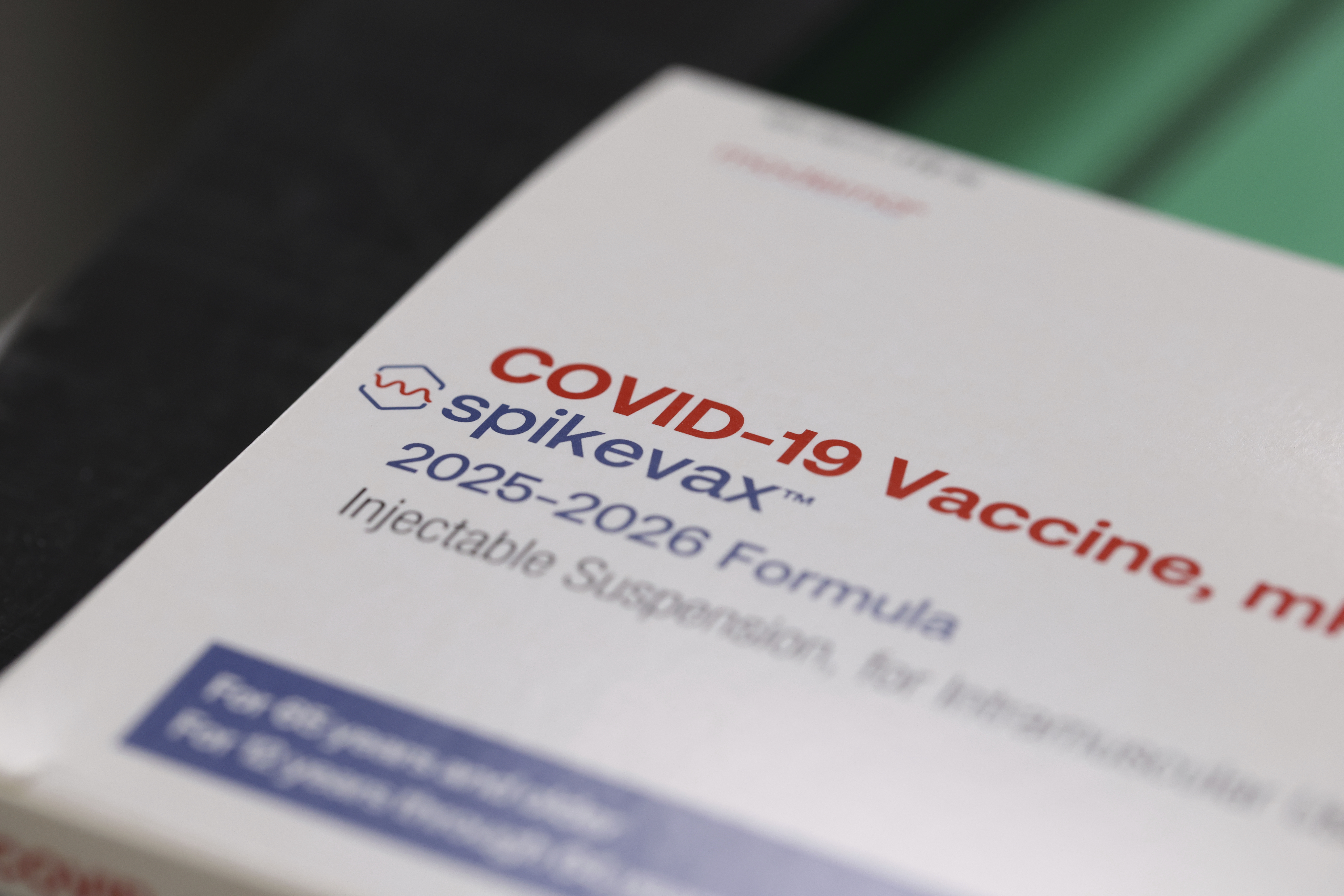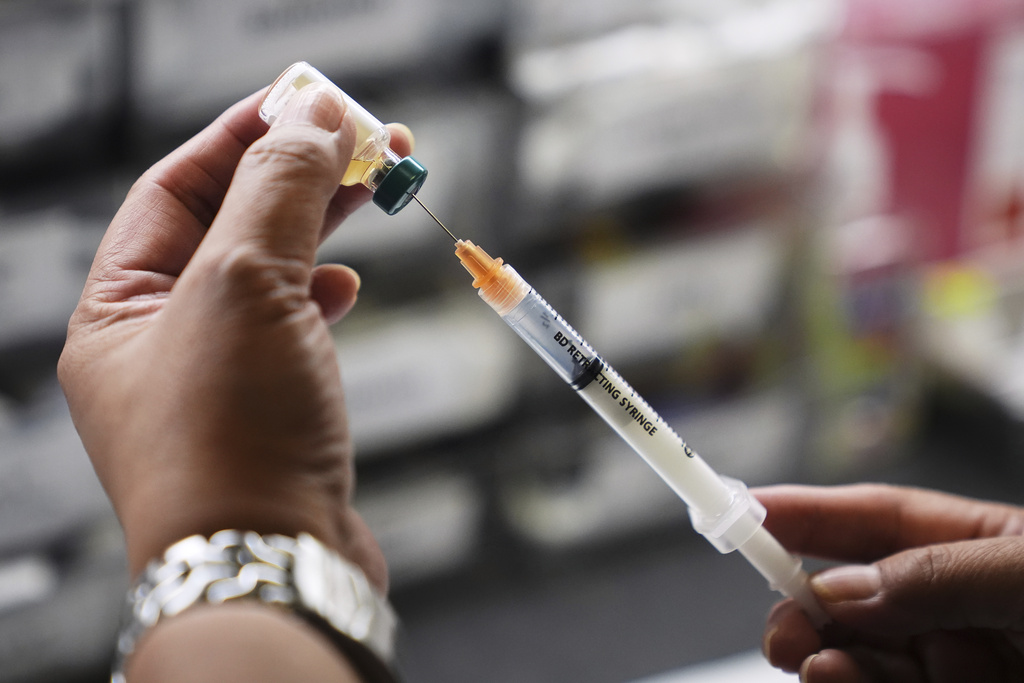Another drug is showing promise for those at risk of Alzheimer's disease.
Donanemab, produced by Eli Lilly, could be on the market by the end of the year.
A report released in JAMA Monday found the drug slowed cognitive decline by about 35% in a phase 3 clinical trial.
You may recall that just weeks ago the FDA fully approved another drug, lecanemab, produced by Eisai and Biogen, that also slows the progression of Alzheimer's disease.
"All these medications, all of them end with a 'mab,' because they are monoclonal antibodies," said Dr. Jagan Pillai, an associate professor of neurology at the Cleveland Clinic School of Medicine and cognitive neurologist at the Cleveland Clinic Lou Ruvo Center for Brain Health.

FDA makes Alzheimer's drug Leqembi more widely available for use
The U.S. Food and Drug Administration has given full approval, making the drug more widely available, while adding a black-box warning on safety.
These antibodies target key beta-amyloid proteins associated with the disease.
"There are other medications being tested as well, but these are the two big medications that you are likely to see in the clinic in the near future," Dr. Pillai said.
Pillai said the drugs work to slow cognitive decline in early stages of the disease.
Both donanemab and lecanemab are given as an IV infusion in a clinical setting and monitored closely.
"I think the best news is that there's more and more choices for people. I don't think these medications are the answer to everybody's problems," he said.
There are some risks to these monoclonal antibody medications, including brain swelling and bleeding.
Around 6.7 million Americans have Alzheimer's, according to the Alzheimer's Association.










